Hair loss is a common issue affecting millions worldwide, regardless of age or gender. It can be due to genetics, hormonal imbalances, stress, nutrient deficiencies, or even certain medical conditions. While everyone experiences some hair shedding daily, noticeable thinning or bald patches can be a concern. To help manage hair loss, let’s explore advice from experts on how diet, lifestyle, and effective products can make a difference.
The Role of Diet in Hair Health (Hair Fall Solution)
A balanced diet is critical for maintaining hair health. Hair is primarily composed of a protein called keratin, so protein-rich foods support stronger, healthier hair.
- Protein: Incorporate lean proteins like fish, chicken, eggs, and legumes into your meals. They provide essential amino acids that help strengthen hair and stimulate growth.
- Iron and Zinc: Iron deficiency is a leading cause of hair thinning, so foods like spinach, red meat, and lentils are beneficial. Zinc, found in foods like nuts and seeds, supports scalp health and hair repair.
- Vitamin C: This vitamin improves iron absorption and collagen production, contributing to a strong hair structure. Citrus fruits, berries, and bell peppers are excellent sources.
- Biotin and Other B Vitamins: B vitamins (like B12, B6, and biotin) help regulate hair growth. Include foods like eggs, whole grains, and dairy to keep your levels optimal.
- Omega-3 Fatty Acids: Found in fish, walnuts, and flaxseeds, omega-3s nourish the scalp and reduce inflammation that may affect hair follicles.
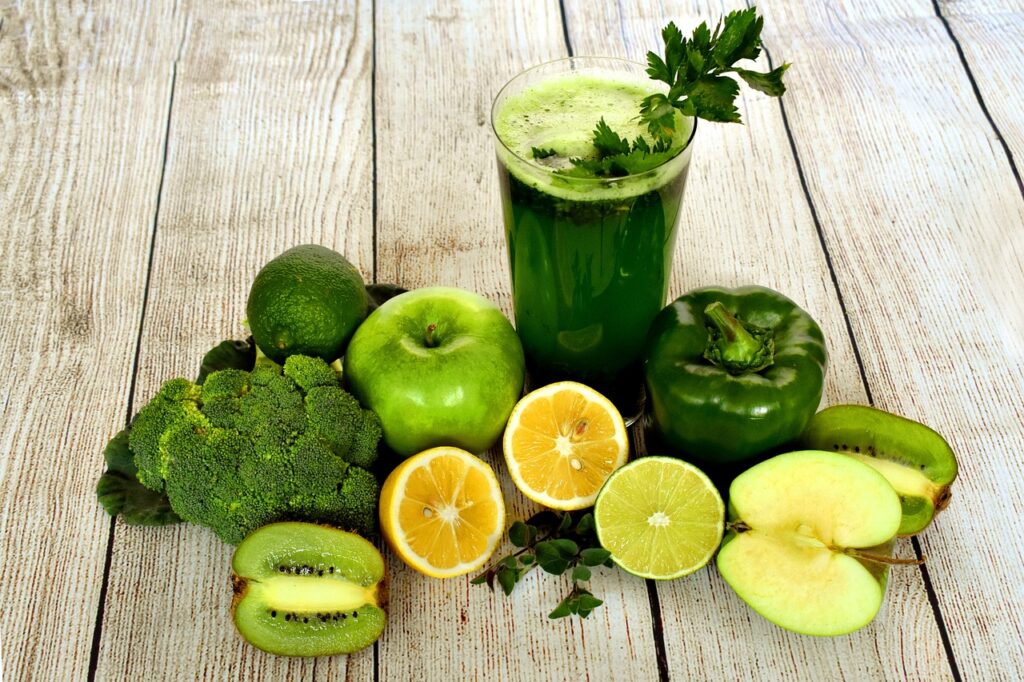
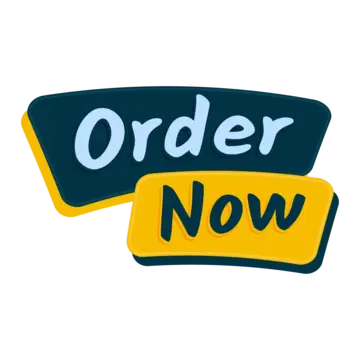
Lifestyle Habits for Managing Hair Loss
Beyond diet, lifestyle choices can have a significant impact on hair health. Managing stress, practicing gentle hair care, and maintaining good sleep hygiene all contribute to stronger, healthier hair. (Hair Fall Solution)
- Stress Management: Chronic stress increases cortisol levels, which can trigger hair shedding. Practicing relaxation techniques like yoga, meditation, and deep breathing can help manage stress and reduce hair fall. (Hair Fall Solution)
- Exercise: Regular exercise promotes blood circulation, including to the scalp, which can stimulate hair growth. Aim for a mix of cardio, strength training, and flexibility exercises. (Expert Advice)
- Healthy Sleep Patterns: Restorative sleep helps the body repair and grow hair. Try to get 7-8 hours of uninterrupted sleep each night. (Hair Fall Solution)
- Avoid Excessive Heat and Chemicals: Minimize the use of hot styling tools and harsh chemical treatments, which can weaken hair strands and contribute to breakage. Use a heat protectant if styling tools are necessary. (Hair Fall Solution)
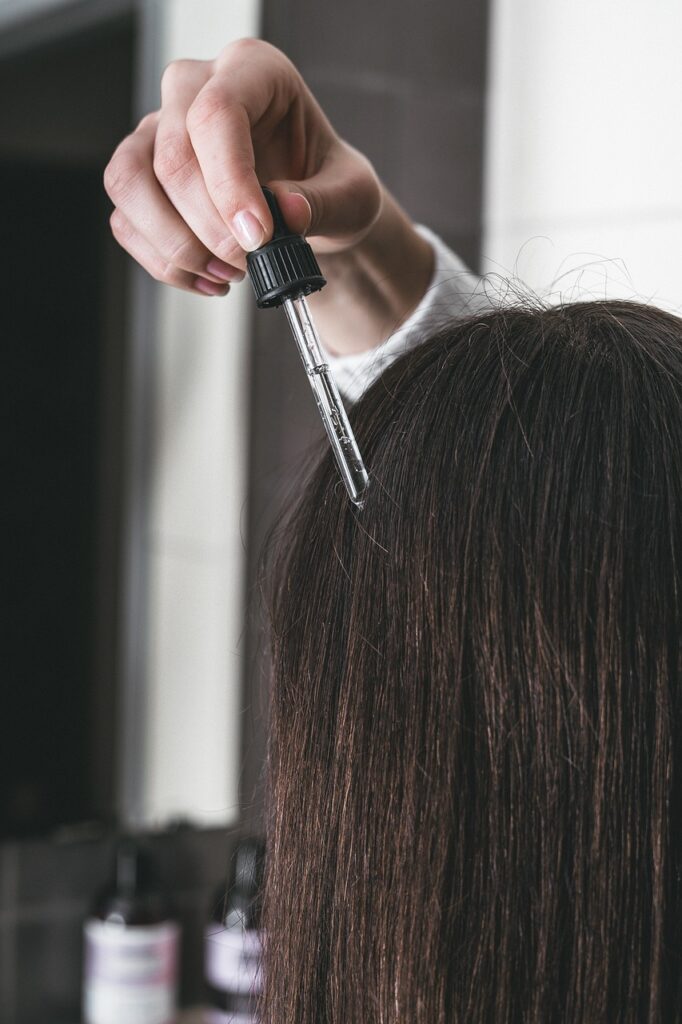
Effective Products for Hair Loss Management
Choosing the right products for your hair type and concerns can make a difference. Here are some expert-recommended options: (Hair Fall Solution)
- Mild, Sulfate-Free Shampoos: Avoiding sulfates helps retain natural oils on the scalp, keeping it nourished and less prone to dryness. Look for gentle shampoos with biotin, keratin, or saw palmetto.
- Scalp Serums and Oils: Scalp serums with ingredients like caffeine, peptides, and rosemary oil can stimulate blood flow and nourish the hair follicles, promoting growth. (Hair Fall Solution)
- Minoxidil: Available over-the-counter, minoxidil is a well-known topical solution for hair regrowth. While effective, it’s essential to consult with a dermatologist before use, as it may not be suitable for everyone. (Hair Fall Solution)
- Hair Masks and Conditioners: Deep conditioning masks with ingredients like aloe vera, coconut oil, and argan oil can repair damaged hair, making it stronger and less prone to breakage. (Hair Fall Solution)
- Supplements: Supplements containing biotin, iron, zinc, and vitamin D can support hair health, especially if dietary intake falls short. However, always consult a healthcare provider before starting any supplement. (Expert Advice)
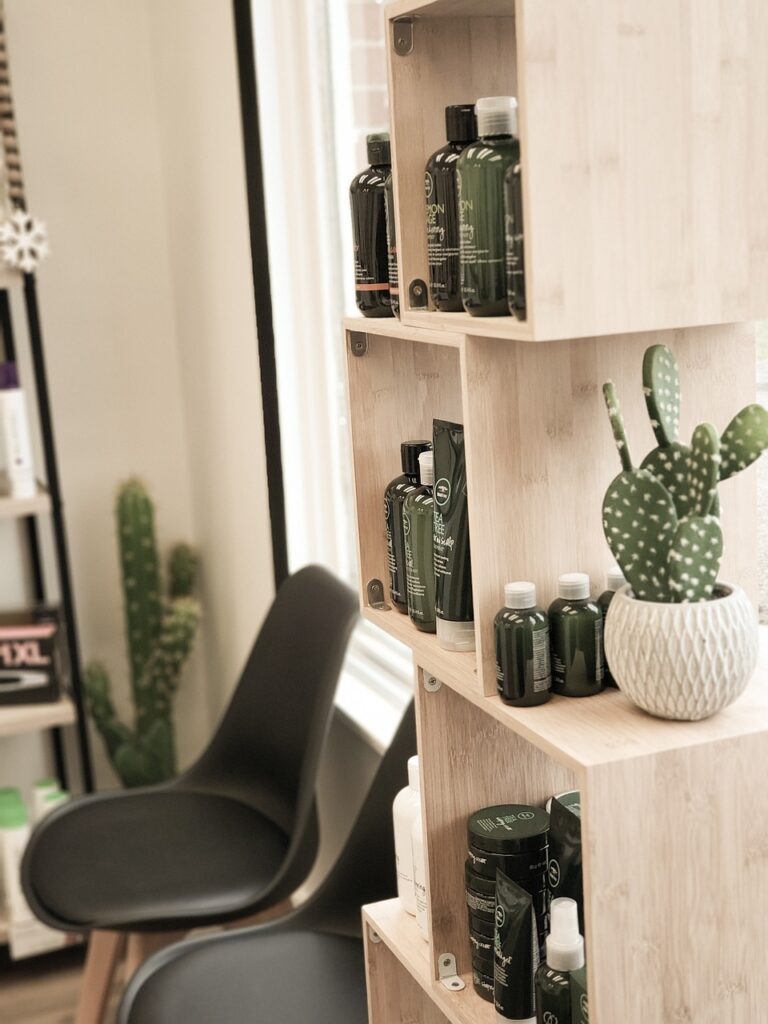
Expert Tips for Long-Term Hair Health
- Be Patient with Results: Hair growth is a slow process, and it may take months to see visible changes. Consistency with diet, lifestyle adjustments, and products is key. (Hair Fall Solution)
- Consult a Dermatologist: If hair loss is severe, consulting a dermatologist can help identify underlying causes like hormonal imbalances or medical conditions. (Hair Fall Solution)
- Use Gentle Hair Care Techniques: Avoid tight hairstyles, excessive brushing, and tugging, as these can lead to traction alopecia (hair loss from pulling). (Hair Fall Solution)
- Stay Hydrated: Proper hydration supports all bodily functions, including hair health. Aim for 8-10 glasses of water daily to keep your scalp and hair well-hydrated. (Hair Fall Solution)
Final Thoughts
Managing hair loss requires a holistic approach that combines proper nutrition, healthy lifestyle choices, and the right hair care products. By addressing the underlying causes and consistently following expert advice, you can improve the health of your hair and reduce hair loss over time. Remember, everyone’s hair journey is unique, so what works for one person might not work for another. Patience, consistency, and expert guidance are key to finding the right solution for you. (Hair Fall Solution)
What causes hair loss?
Hair loss can be caused by various factors, including genetics, hormonal changes, stress, nutrient deficiencies, certain medical conditions, and even some medications. Environmental factors and lifestyle choices, like frequent use of heat styling tools and chemical treatments, can also contribute to hair thinning and shedding.
Can diet really affect hair growth?
Yes, diet plays a significant role in hair health. A balanced diet with adequate protein, iron, vitamins, and minerals supports hair growth and reduces hair fall. Nutrients like biotin, zinc, omega-3 fatty acids, and vitamins (especially B vitamins, vitamin C, and vitamin D) are particularly beneficial for hair strength and growth.
Which foods are best for preventing hair loss?
Foods rich in protein (like fish, eggs, and lean meats), iron (spinach, legumes, and red meat), omega-3 fatty acids (salmon, flaxseeds, and walnuts), and vitamins (citrus fruits, berries, nuts, and leafy greens) are great for hair health. Including these foods regularly in your diet can help reduce hair shedding and promote thicker hair.
How does stress impact hair loss?
Stress can increase levels of cortisol, a hormone that can disrupt the hair growth cycle, causing more hair to enter the shedding phase. Prolonged or intense stress can lead to hair loss conditions like telogen effluvium, where significant hair shedding occurs. Managing stress through activities like meditation, exercise, and relaxation techniques can help reduce hair fall.
Are there specific lifestyle habits that can help with hair loss?
Yes, maintaining a healthy lifestyle by managing stress, getting adequate sleep, exercising regularly, and avoiding harmful hair practices (like excessive heat styling or harsh chemicals) can greatly benefit hair health. These habits support blood circulation, which in turn nourishes the hair follicles.
What products are effective for managing hair loss?
Effective products for managing hair loss include sulfate-free shampoos, scalp serums (with ingredients like caffeine or rosemary oil), deep-conditioning hair masks, and topical solutions like minoxidil (if recommended by a dermatologist). These products can help nourish the scalp, strengthen hair, and promote growth.
How does minoxidil work, and is it safe to use?
Minoxidil is a topical treatment known to stimulate hair growth by increasing blood flow to the scalp and prolonging the growth phase of hair. While it can be effective, it’s important to consult a dermatologist before using minoxidil, as it may not suit everyone and could have side effects, like scalp irritation.
Do supplements help with hair loss?
Supplements containing biotin, iron, vitamin D, and other nutrients can be helpful if you have a deficiency affecting hair health. However, it’s essential to check with a healthcare provider before starting supplements, as they may not be necessary for everyone and could have side effects if taken in excess.
How long does it take to see results in hair growth?
Hair growth is a slow process. With consistent diet, lifestyle adjustments, and hair care, it may take three to six months to see noticeable results. Patience and consistency are key, as hair growth cycles vary for each individual.
When should I consult a dermatologist about hair loss?
If you notice significant hair thinning, bald patches, or a sudden increase in hair shedding, it’s best to consult a dermatologist. They can identify potential underlying causes, such as hormonal imbalances, medical conditions, or specific hair loss disorders, and provide personalized treatment options.

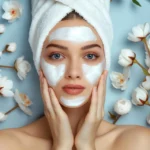

Good info. Lucky me I reach on your website by accident, I bookmarked it.